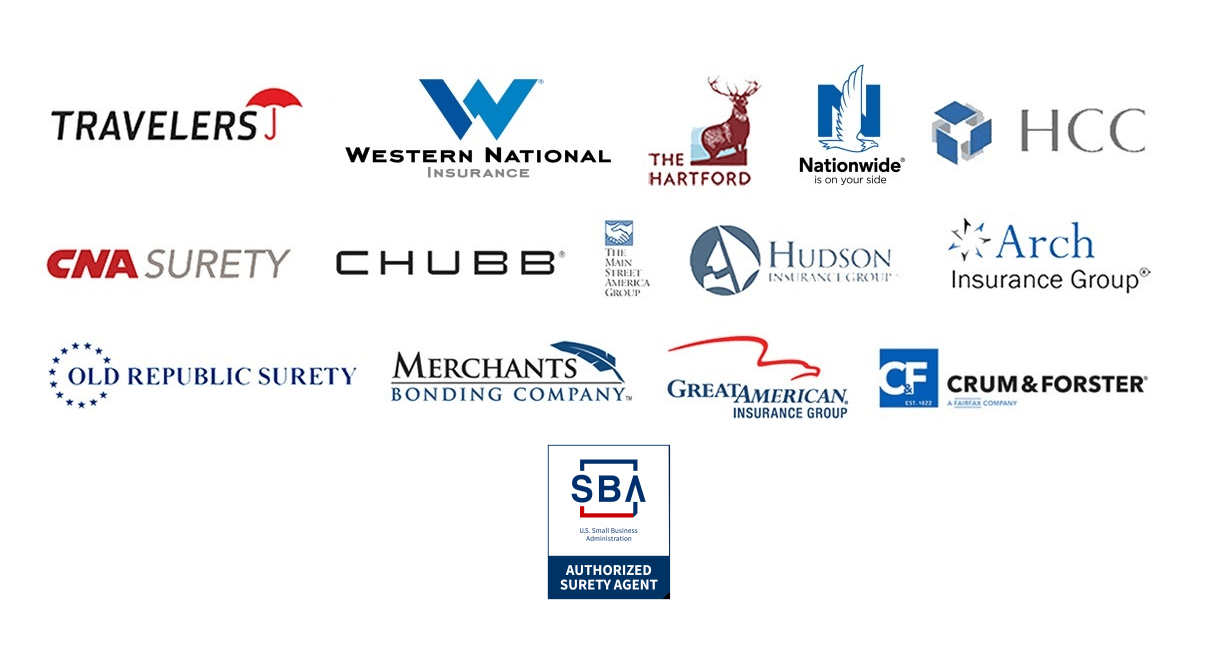There is a rising trend for commercial equipment leasing companies to require an equipment lease surety bond from their pending lessees as a term sheet requirement. Commercial manufacturers who sell and lease equipment directly to an end-user or wholesaler, or an individual commercial company leasing one or more of their owned pieces of equipment for 12 months or longer, often require these bonds.
The lease payment surety bond guarantees the faithful performance of the lease in the event the lessee defaults on the terms and conditions of the lease contract. If the lessee defaults on the terms and conditions of the lease contract, the surety carrier who issued the surety bond to the owner or lessor of the equipment will assume the responsibilities of the lease, paying whatever is stipulated as penalty for lessee default. These penalties may include the actual lease payments as well as liquidated or consequential damages. It is important to note that the lease terms and language should be as transparent as possible to assure the rights of the lessor. An experienced surety agent familiar with lease payment bonds is essential.
Bonds are usually written on leases with a duration of one to four years. Quite often a lessor is mostly concerned about a certain portion of the lease and may bond only the first year or two. The bond premium must be paid at the time of issuance. Multi-year issued bonds sometimes have a premium discount available. Lessors often finance the premium and add it to the monthly lease payments, especially in a multi-year transaction. A penalty sub-limit is established and becomes the total amount that can be collected from the bonding carrier in the event of a total default.
An experienced surety bond agent such as Unique Surety and Insurance Services, LLC can work with all parties involved in the lease transaction (the landlord and/or their attorney, the tenant and/or their attorney, the real estate broker putting the transaction together or a risk manager or commercial consultant) to help them manuscript acceptable language for all parties.
The credit worthiness of the lessee greatly influences the probability of issuance and may affect the premium rate structure of the bond. Lessee’s need to be able to demonstrate their ability to make the lease payments and other provisions in the lease contract. The lessee will be required to submit a business plan, two years of financial statements, their resume, and bonding application to their surety agent to begin the process. Ideally, lessees should provide audited financial statements to the bond underwriter. If audited financial statements are not available, reviewed statements with detailed notes from the CPA may be acceptable to assure the most competitive rates and ease of underwriting. If a compilation is all that is available it must be prepared by a CPA and contain detailed notes similar to a review or audit aging receivables and payables and clearly explaining items. The stronger and more transparent the financial picture of the lessee is conveyed, the lower the risk is for the carrier, which translates into a greater likelihood the bond will be approved and issued with competitive premium rates.

We've been underwriting for 40 years working with only the most reputable surety carriers nationwide.

We can get you the answers you need in a matter of minutes.

We offer sound business advice to help you build your bonded business.

